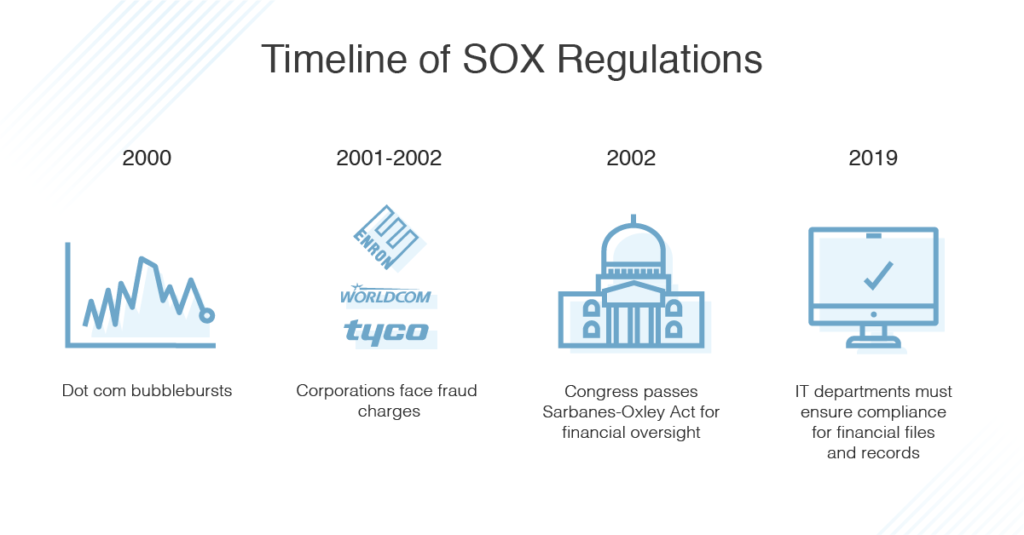Enacted in response to major accounting scandals, the Sarbanes-Oxley Act of 2002 continues to be a cornerstone of financial governance and investor protection in the United States. While it has evolved over the years, its fundamental principles remain critical for maintaining trust and transparency in US capital markets.
Key aspects of SOX that US accounting and finance professionals focus on include:
- Section 302 (Management Certification): Requiring CEOs and CFOs to personally certify the accuracy of their companies’ financial statements.
- Section 404 (Internal Control Over Financial Reporting): Mandating companies to establish and maintain effective internal controls and report on their effectiveness.
- Establishing the PCAOB (Public Company Accounting Oversight Board): Overseeing the audits of public companies to protect investors.
- Auditor Independence: Strengthening the independence of external auditors.
- Enhanced Financial Disclosures: Requiring more transparent and timely financial reporting.
- Whistleblower Protection: Providing protection for individuals who report potential securities law violations.
While the implementation of SOX can be complex and costly, its impact on improving the reliability of financial reporting and enhancing corporate accountability in the US is undeniable. Compliance with SOX remains a critical responsibility for accounting and finance teams of public companies.
What are your experiences with SOX compliance? What do you see as its most significant contributions to US financial governance? Share your insights!
